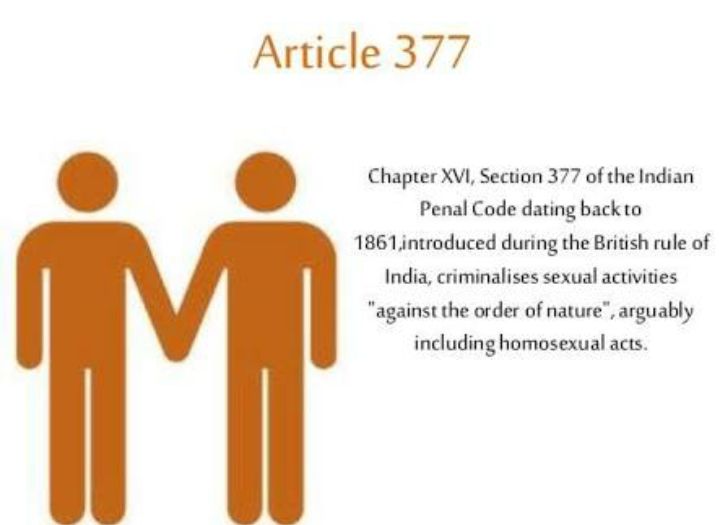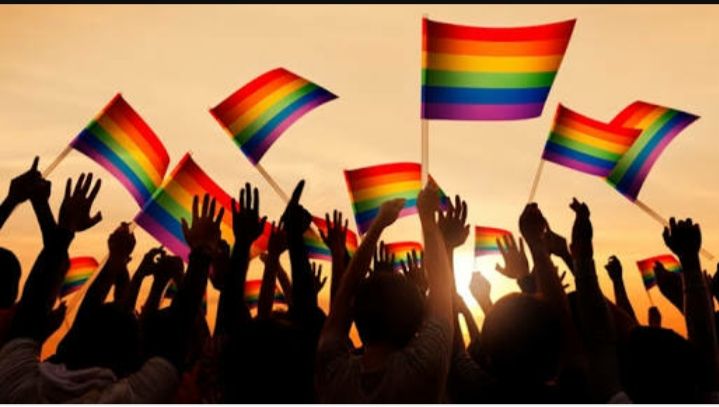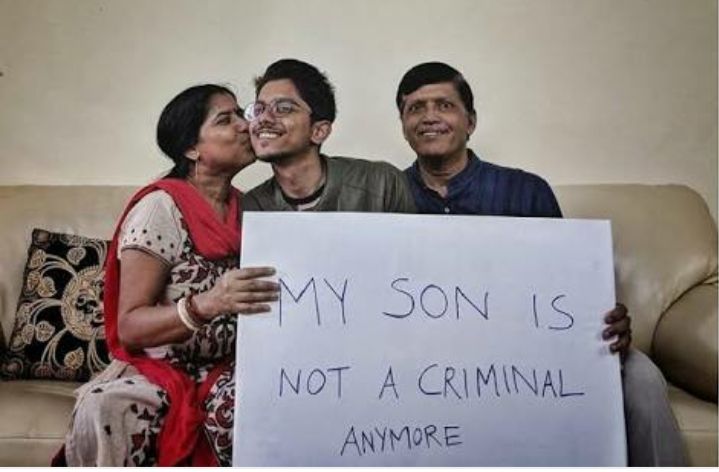Scraping Section 377 Of I.P.C. : A Historical Decision
Apr 15, 2019 • 40 views
On 6 September, a five-member Bench of the Supreme Court ruled that Section 377 of the Indian Penal Code (IPC), in sofar as it applied to consenting adults, violated India’s constitutional morality. The landmark judgement not only affected the lives of millions of LGBTQ+ people, but also reversed an earlier ruling that had criminalized the community only five winters ago.

It was on 11 December 2013 when two judges of the apex court had decided that India’s LGBTQ+ community was a “minuscule minority" and reinstated the IPC section (which had been repealed by an earlier Delhi high court ruling in 2009), effectively turning LGBTQ+ people into “criminals".

As Justice Indu Malhotra, one of the five judges who read out four concurrent verdicts on 6 September, said, society owes the LGBTQ+ community an apology for the historical wrongs perpetrated against it.
One of the most affecting stories that emerged on 6 September was of 25-year-old Arnab Nandy, a Mumbai-based tech professional who came out as gay in a Facebook post. Pictured with his mother planting a kiss on his cheek and his father beaming at the camera, Nandy is seated between his parents, who are holding up a poster saying:

MY SON IS NOT A CRIMINAL ANYMORE.
Coming from different parts of the country with diverse religion, age, sex and other backgrounds, the petitioners said that section 377 legitimises the stigma associated with sexual orientation and its expression something which is essential, fundam
The Supreme Court has scrapped Section 377 of the IPC, decriminalising the 158-year-old colonial law which criminalises consensual gay sex.
